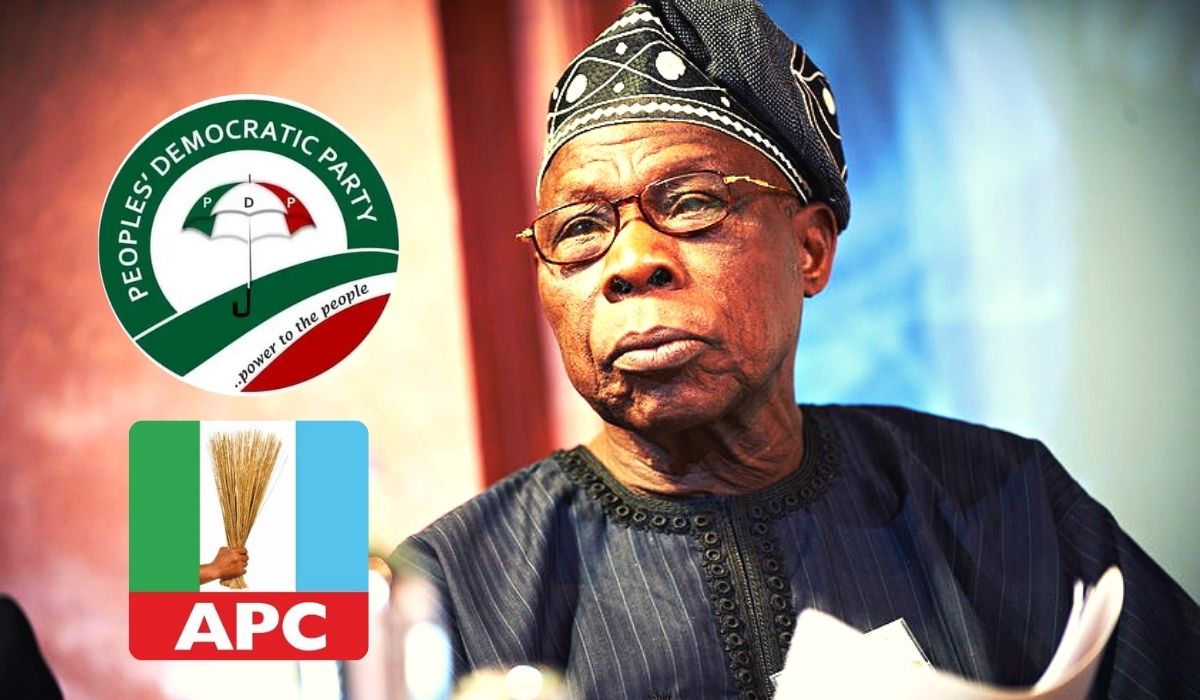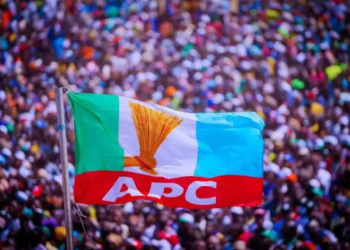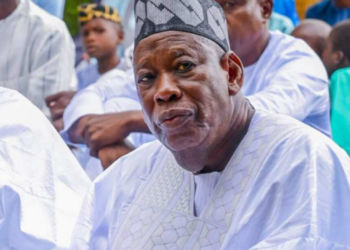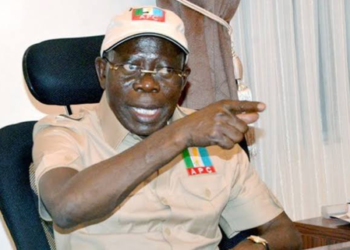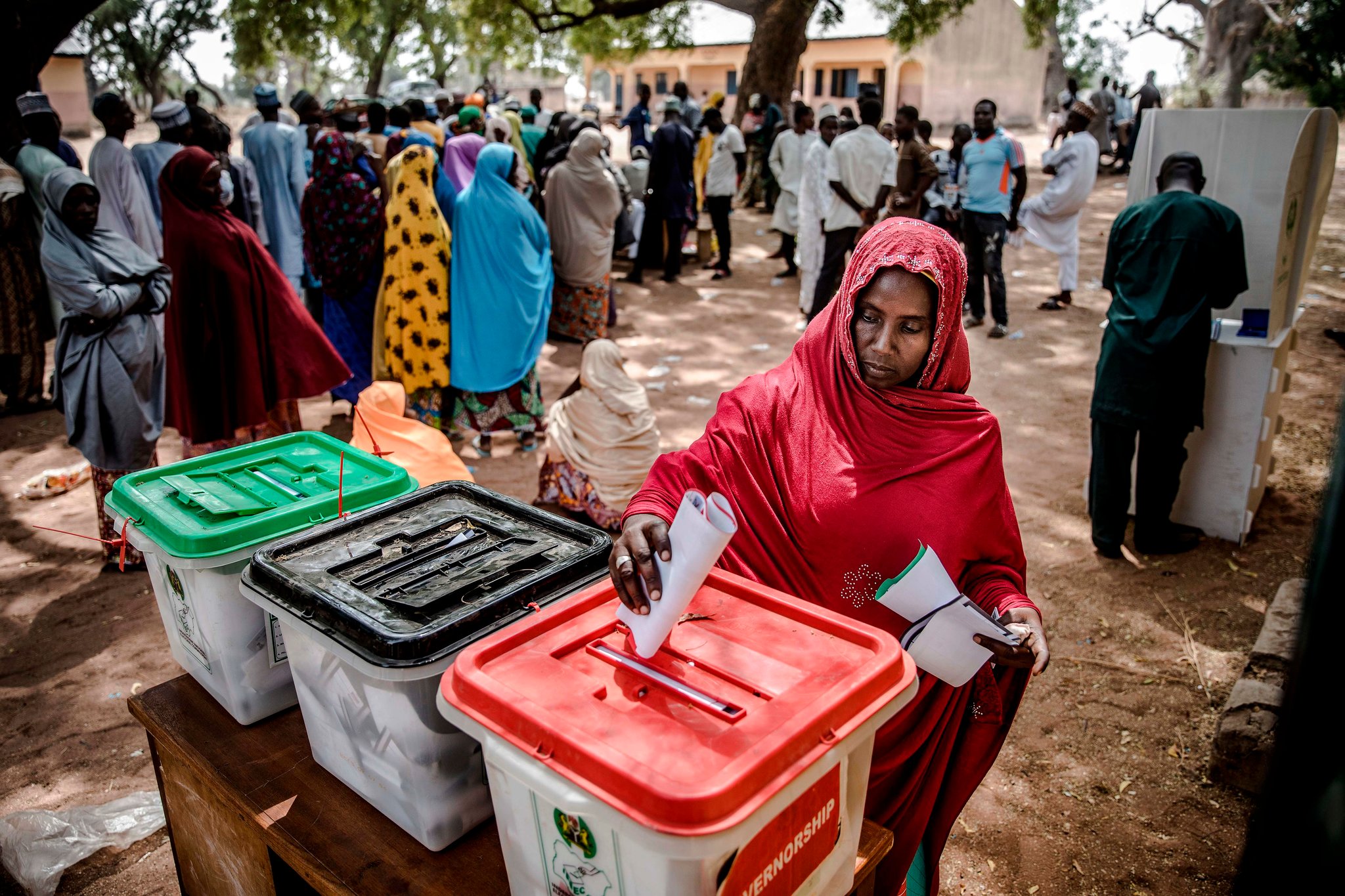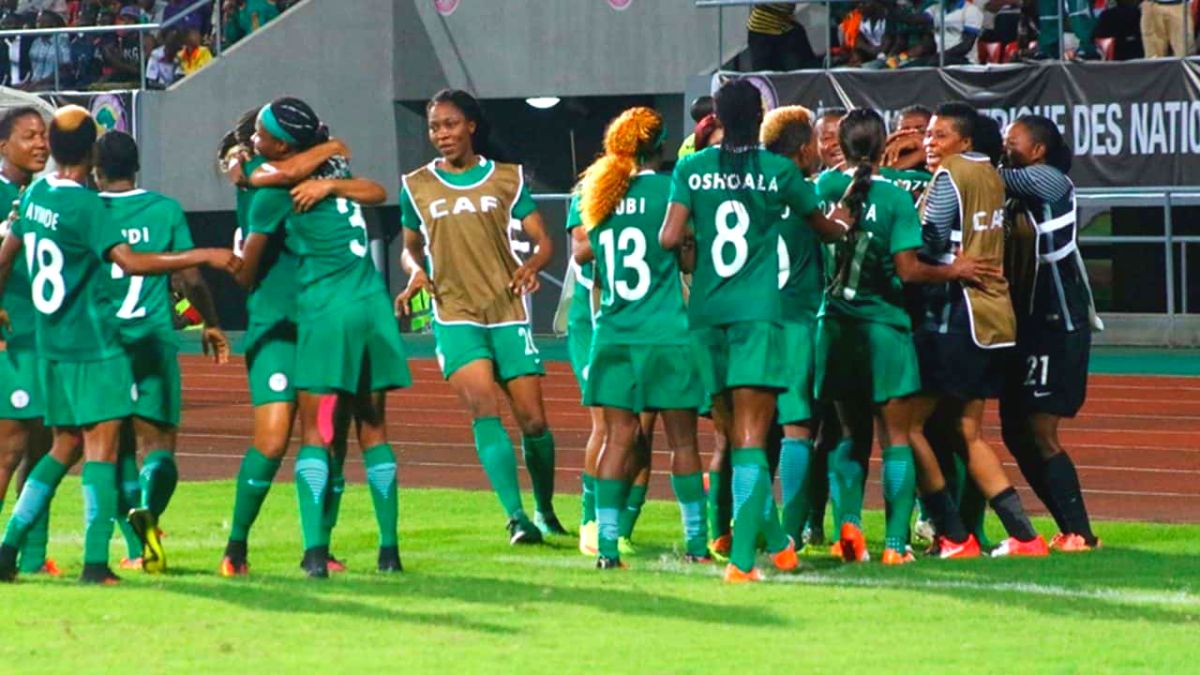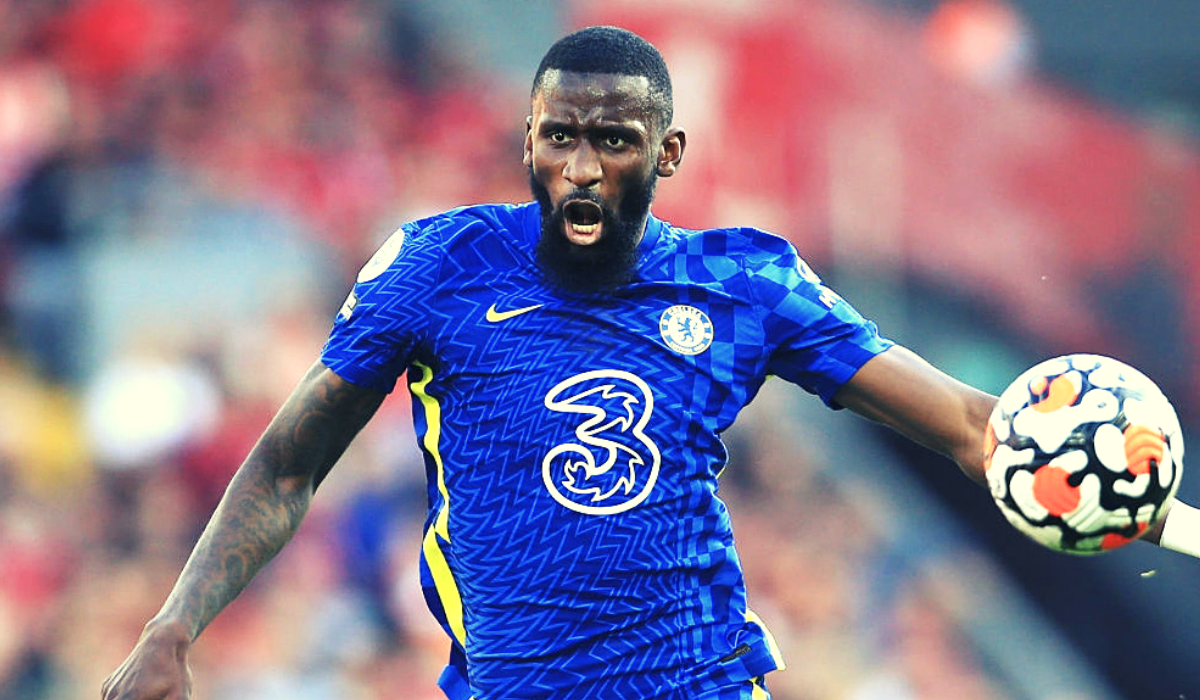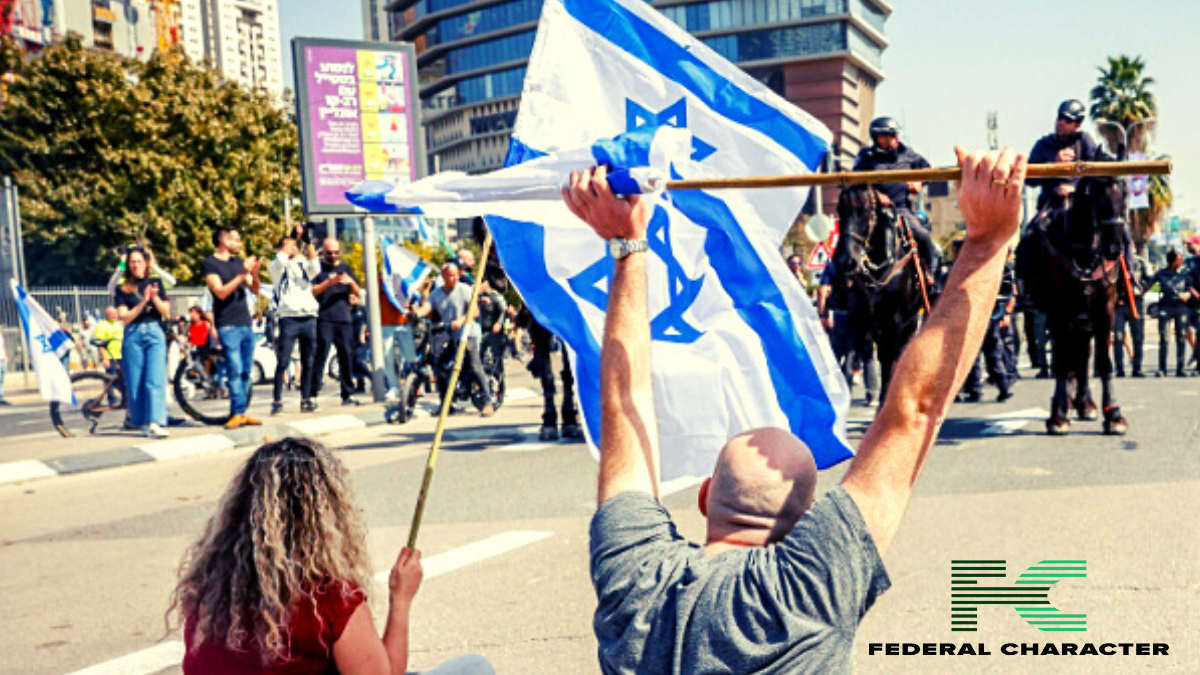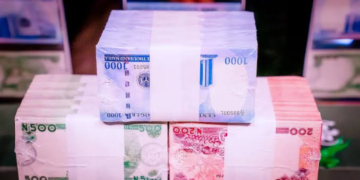Election cycle in Nigeria is usually an avenue where new words are added to the political lexicons, words that mostly captures the emotions, feelings and and other intangibles of such period. Towards 2015 elections, the word “Change” entered the Nigeria political lexicons, where the then opposition and now ruling party, All Progressive Congress (APC) used the word CHANGE to woo the electorates to their side. The APC having lured what some tagged as ‘coalition of the disgruntled’ members among ruling People’s Democratic Party (PDP) that comprised the then – Senator Bukola Saraki, Rabiu Kwankwaso, and Rivers State governor, Rotimi Amaechi.
With the recruitment of those big wigs coupled with opposition holding sway in Lagos, going into the election, the opposition control three states with highest number of eligible voters – Lagos, Rivers and Kano which evidently made the promise of Change to cross both sides of the Niger and reach the nook and cranny of the country.
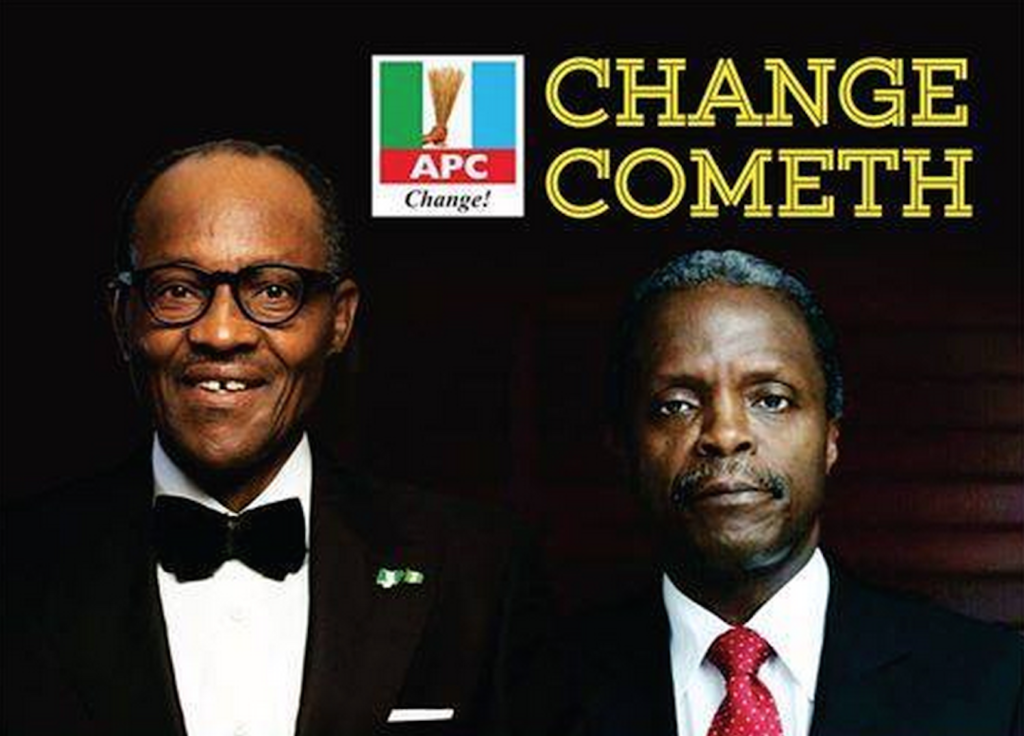
The outcome? Your guess is as good as mine, the eventual end to 16 years reign of the PDP. What made the party to win the election at the time was not the mantra of change that gave hope to the electorates that were yearning for it, which the Party hammered on during campaign. The party did not rely only on the message of change which ticked all myriad of problems facing the country, but they strategically fielded a candidate that has capability to cross either side of river Niger, that is North and South.
Fast forward to 2019, another word was welcome to the lexicons termed “the third force”. Thanks to chief Olusegun Obasanjo that used the word to describe the group of outside the two major political parties of PDP and APC. In the infamous letter yet trademarked, the former president condemned both the APC and PDP failings as party and called for need for a coalition of concerned likes-minds as an alternative to APC and PDP with sole aim to bring positive change, progress and development to the country. As with all previous political lexicons, the third force got currency.
The Nigerian Intervention Movement led by erudite lawyer, Olisa Agbakoba labelled itself as a ‘3rd Force Coalition’. The team consisted of known technocrats and political figures like former Central Bank Governor, Charles Soludo, former Cross River State Governor, Donald Duke, Professor Pat Utomi and former Education Minister, Oby Ezekwesili. The coalition argued that their ambitions could not materialize within the stale and corrupt structure of the APC and PDP. With this in mind, they set about taking advantage of the country’s pluralist political system.
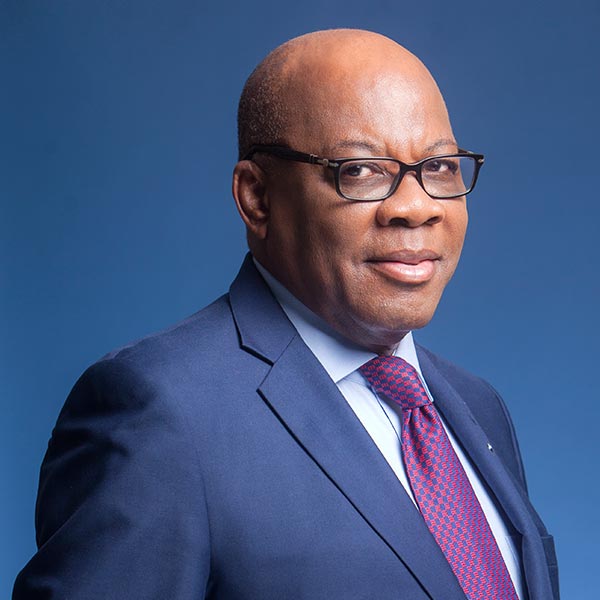
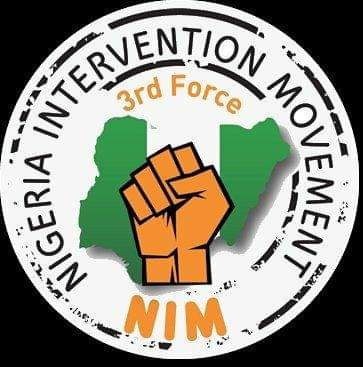
The outcome unlike the Change mantra of 2015 made limited impact as some of abovementioned actors only went on to pursue their ambitions away from the coalition. The reason for the failure can not be farfetched, the coalition lacked the candidate and above all, the required structures at either side of the Niger was lacking. Most of the people in the group are elitists that are not willing and ready to cross either side of the Niger to meet the people at the grassroots.
2023 elections is around the corner, no lessons was learnt as another voice of third force is currently been heard loudly in the air. As deafening as the voice can be, the proponents of third force have failed to realize that there is no way a relatively unknown candidate in a country like ours, where the majority of voters are offline and most are in the rural areas and creeks of Niger-Delta can succeed. We are still a society where access to quality information is still a privilege as people in those areas still rely on opinion leaders for information, which is distorted to suit the agenda of such opinion leaders.
With 2023 elections less than 18 months away, the two major political parties of APC and PDP already have a pool for top 3 aspirants that will likely provide the eventual flag bearer of their party. Meanwhile, the third force coalition has been docile since 2019, with no structure. We are not there yet, still far off, that’s why we need a structure.
Going forward, we eagerly want to see how the wave of third force parties can take advantage, putting into consideration the disaffection with the status quo by throwing up compelling personalities who can also win electoral contests.The stakes are lower at the representative levels and securing those type of seats is perhaps more realistic than at the presidential level, it is unlikely that people would be convinced to vote idealistically for candidates in whom they trust but are relatively unknown quantities across both sides of Niger. Whether we like it or not, with our current political set-up, tribe and religion of candidate still play a very important role in the emergence of a winner during election.

